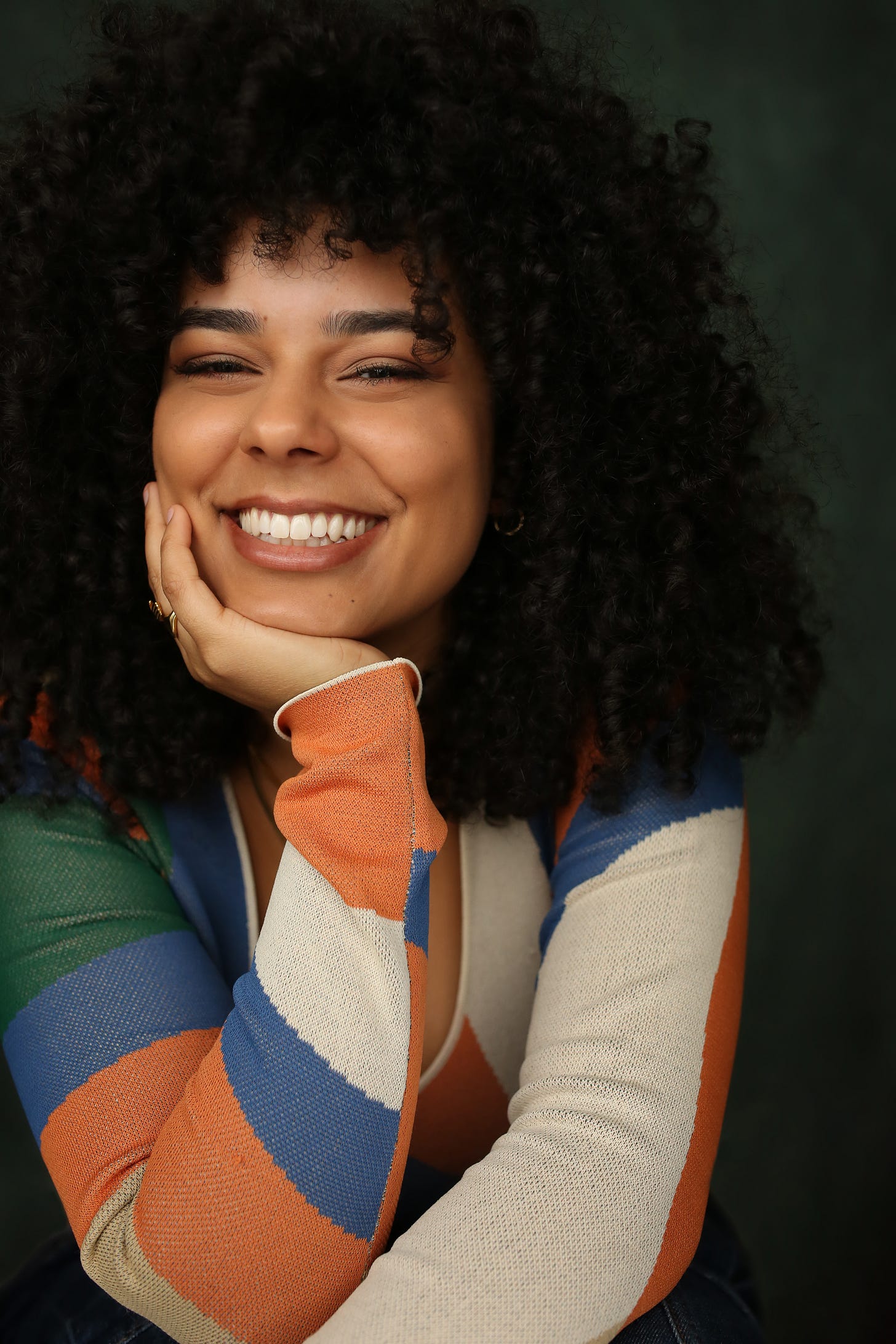Sèverine Howell-Meri: “Being mixed is not an aesthetic”
The actor on compassion, stepping into your space and benefitting from systems of oppression
Hi, welcome back to Mixed Messages after a slightly unexpected break! This week I’m speaking to actor Sèverine Howell-Meri, who is of mixed French Caribbean and British heritage. Sèverine has appeared in shows like the Olivier-winning musical Standing at the Sky’s Edge and Prime Video’s Hanna, carefully considering each role she takes on. She is also th…


